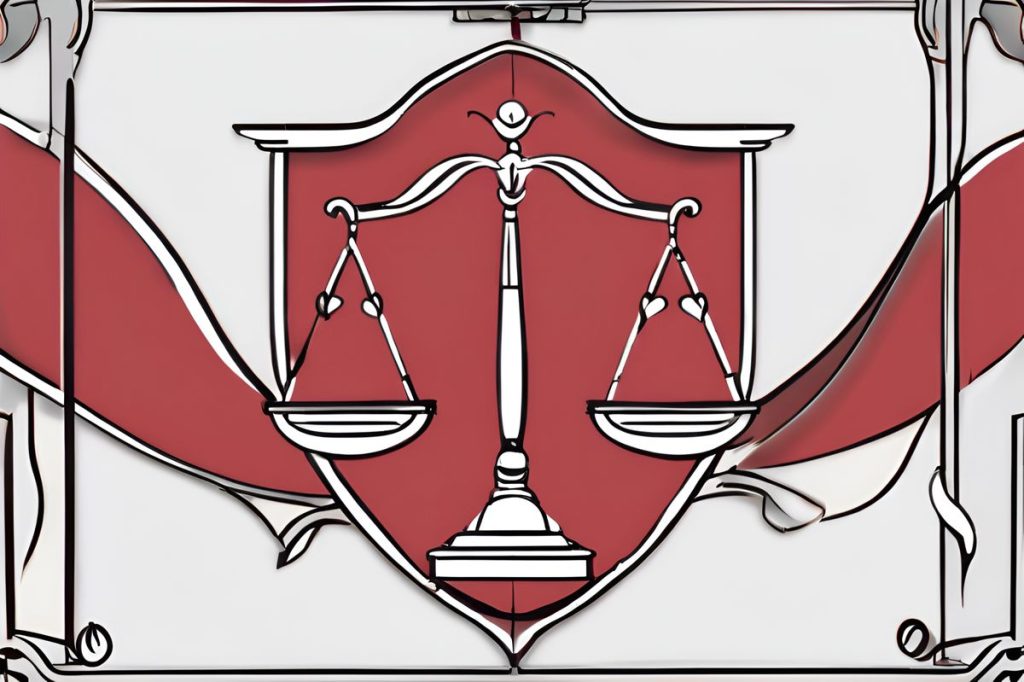The recent removal of Odysseas Michaelides, the auditor-general of Cyprus, by the Supreme Constitutional Court has ignited a fierce debate about the gap between legal judgments and moral justice, raising questions about public trust in government. While some view his ousting as retaliation for exposing corruption, others argue it was a necessary legal decision, highlighting the complex interplay between strict legal adherence and the broader quest for justice.
What is the relationship between legal judgments and moral justice in legal systems?
Legal judgments are based on the rule of law, but may not always align with moral justice. As seen in cases like Odysseas Michaelides’ removal, the rigid application of law can result in actions that, while legally correct, might not serve a broader sense of justice or public trust in government institutions. Balancing legality and justice remains a complex challenge for legal systems.
The Dilemma of Legal Judgments and Moral Justice
The recent case of Odysseas Michaelides, which saw a prominent auditor-general removed from his position by the Cyprus Supreme Constitutional Court, has sparked a notable debate. This unfolding event has divided opinions, with many people rallying to support or decry Odysseas. His proponents see this as a targeted move by the so-called Deep State to silence an anti-corruption crusader. In contrast, his critics view it as a just response to his allegedly unilateral and self-aggrandizing approach to battling corruption.
The irony lies in the fact that Odysseas, known for his strict adherence to rules in his audits, fell victim to the very same rigid application of the law. This has led to many lawyers, who regularly hold the rule of law in high esteem, to endorse the court’s decision. Nonetheless, the respect for the rule of law doesn’t necessarily equate to justice being served. It’s clear that while Odysseas’ actions were sometimes questionable, his efforts did bring significant instances of state corruption and mismanagement to light.
The Constitutional Dynamics and Public Perception
The constitution of Cyprus outlines the removal process of an auditor-general. The Supreme Court can decide on such a removal, but only upon an application made by the attorney-general, not the president. This is a deliberate design to avoid potential conflicts of interest. However, in Odysseas’ case, it’s challenging to regard the attorney-general as an unbiased party, given he was himself a subject of Odysseas’ investigations.
The public’s perception looms large in this scenario. Many believe that Odysseas’ removal was less about his personal conduct and more a retaliation for his success in exposing corrupt practices. Such sentiments can significantly impact the trust in government institutions, further complicating the relationship between legality and justice.
The Role of Remedies and Presidential Actions
In the corporate world, reprimands often precede dismissals, providing a fair way to address issues especially when mitigating circumstances exist. However, the court had no alternative remedies to consider in this case—a point which underscores the potential need for more nuanced approaches within legal frameworks.
The role of the president is also under scrutiny. A genuine effort to mediate between the auditor-general and attorney-general could have altered the course of events. Yet, the current political climate was not conducive to such reconciliation, suggesting a lack of commitment to the anti-corruption cause and possibly exacerbating public distrust.
Historical Conflicts and Their Consequences
Historical precedents show that conflicts between significant state institutions can have dire consequences. A notable example occurred between 2011 and 2013, when the president and the Central Bank governor were at odds, leading to a disastrous outcome for Cyprus. This suggests that the balance between legal correctness and justice is delicate and that decisions, while legally sound, may not always resolve underlying issues or serve the broader cause of justice.
The Bigger Picture Beyond Legal Frameworks
In legal disputes, especially those with substantial public interest, the legalities involved often overshadow the quest for moral justice. While courts operate within the confines of law, society yearns for outcomes that also embody a sense of justice. The challenge for legal professionals and the general public alike is to reconcile these two facets—to uphold the law while advancing a just society.
What sparked the debate regarding the removal of Odysseas Michaelides?
The removal of Odysseas Michaelides, the auditor-general of Cyprus, by the Supreme Constitutional Court has ignited a fierce debate about the gap between legal judgments and moral justice. Supporters argue that his ousting was retaliation for exposing corruption, while critics see it as a necessary legal decision, highlighting the complex issues surrounding the integrity of government institutions and public trust.
How do legal judgments differ from moral justice?
Legal judgments are based on strict adherence to the rule of law, which may not always align with the broader concept of moral justice. The case of Odysseas Michaelides illustrates this tension; while his removal was legally sanctioned, many feel it undermines the quest for true justice and public trust. This highlights the ongoing challenge within legal systems to balance strict legality with ethical considerations.
What are the constitutional frameworks surrounding the removal of an auditor-general in Cyprus?
In Cyprus, the constitution outlines specific procedures for the removal of the auditor-general, which requires an application from the attorney-general to the Supreme Court. This design aims to prevent conflicts of interest, such as those seen in Michaelides’ case, where the attorney-general was a subject of his investigations. This structure raises questions about the perceived impartiality of legal proceedings in politically charged environments.
How can historical conflicts inform our understanding of legal and moral justice?
Historical conflicts, such as the tension between the president and the Central Bank governor between 2011 and 2013, demonstrate that disputes among major state institutions can lead to significant consequences, undermining the public’s trust in legal systems. These examples underscore the delicate balance between legal correctness and justice, emphasizing that decisions, though legally sound, do not always resolve deeper societal issues or serve the broader pursuit of justice.

